Three-star chef Eneko Atxa speaks about the entrepreneurial vision of his eco-friendly, multi-award-winning restaurant concept: discovering Azurmendi.
From a culinary perspective, the common cuisine he offered to Italians was made up of different traditional recipes, from the many delicacies of different territories, from that diversity that is an essential element of national identity. An important and modern concept.
Artusi took on the task of ridding the language of cuisine of its excess of Frenchisms - because French is the predominant model of a language that is often pretentious, over a trifle.
Thanks to the irony Artusi loved so much, we can say that, despite suffering from serious sight problems - to the extent that in his later years his faithful Marietta became his eyes - Artusi had a far-reaching, sharp gaze. A visionary with a refined palate.


Artusi started from the premise of health. Nutrition, being our primary need in life, is a reasonable thing to occupy oneself with, in order to satisfy it in the least worst way possible. But there is more: a great intuition occupied his mind, that is, the cultural aspect of cooking, which later became the focus on material culture, micro-history and attention to daily life which would lead, many years later, to the claim by Claude Lévy-Strauss that food could be considered "the voie royale to an appropriate understanding of cultures".
While medicine continued to recommend protein-rich diets, Artusi understood, better and earlier than anyone else, the importance of pasta, which, lo and behold, now represents Italian food around the world above everything else. Artusi, recommending it particularly for those who have a scarce dinner, therefore anticipated an all-Italian taste.
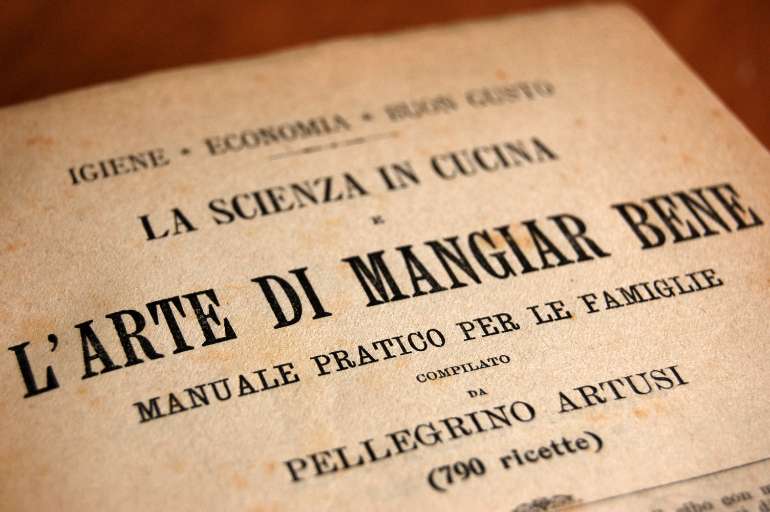
What made him modern and innovative was surely his method: he looked towards an Italian horizon, to that infinite variety of local knowledge, to the many traditions, without implying hierarchies. He had all of Italy beside him, thanks to the Post and the Railway, to the extent that he could be considered a food blogger before his time.
Despite the initial difficulties, Artusi gradually became an intimate friend of housewives, farmer's wives, countesses and marquesses, prestigious professors: today he would be an influencer, with millions of followers and likes.
Sharing knowledge and freedom in the kitchen is an inexhaustible force of innovation.
Not to mention the three words that have sat on the title page right from the first edition: hygiene, economy and good taste. These words, in the difficult times we are living, more than advice, seem like a warning for those with their eyes set to the future.
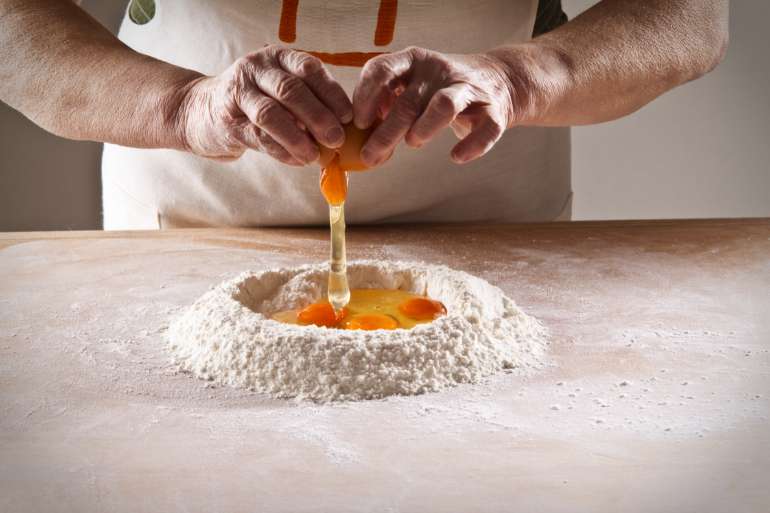
Artusi's manual is certainly a long seller and a best seller, with no comparison. A success that never seems to fade, which, for a recipe book, is incredible. And it really is: after the first edition in 1891, another 14 followed, edited directly by the author, until 1961, when the rights left to two faithful members of household staff expired, with the number of copies confirmed at 492,000. After that point, the manual continued to be published, pirated, copied and translated, with no break in continuity, reaching an extremely high, uncountable number of editions and copies.
The reasons for this imperishable youth can largely be ascribed to his ability to interpret the spirit of the times, to which we can add many other reasons as well: meanwhile, the recipes are flawless. Artusi tried and tried again, in the kitchen with Francesco, a chef from Forlimpopoli, until each recipe was perfect and had earned its inclusion in the manual. Indeed, he advises: the ultimate master is practice.
But probably the strongest reason behind the book's success is what we described as the sharing of knowledge - the contributions from correspondents that, as has been affirmed, meant that Artusi's manual was not only written for Italians, but with Italians.
Finally, when we go to summarise the artusian principles, we discover the extent to which they are intensely current: the importance of the quality of raw ingredients, seasonal produce, simple cooking, all seasoned with passion and simplicity. It seems that all this continues to inspire both home cooking and professional cooking.
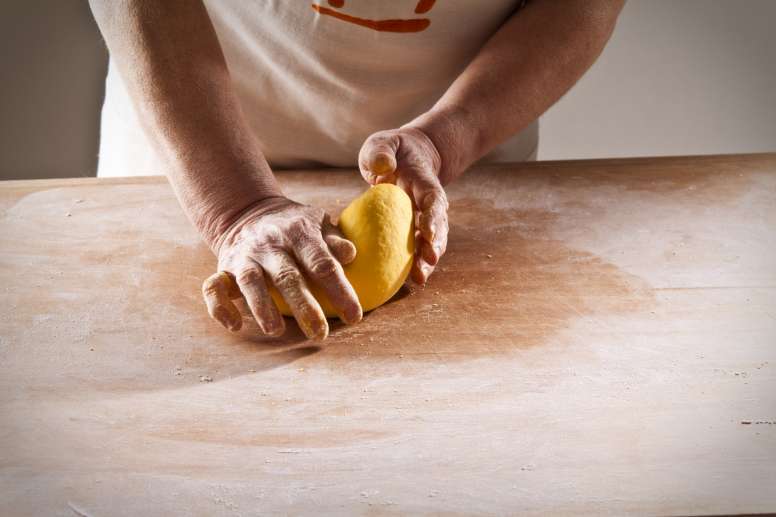
On the 21st February 2020, a date nobody can forget, because it saw the first case of Covid in Codogno, I was at the Festival of wine and food journalism in Turin (I heard the gloomy news on my way back on the train) for a speech precisely about home cooking, where I spoke about the shadowy corner to which cooking at home seemed to have been relegated, in light of data that seemed incontrovertible, regarding eating out, delivery and takeaway, and, therefore, how Casa Artusi needed to continue its battle to promote its wider diffusion.
From the next few days onwards, as we know, we were all forced to cook at home: flour and yeast, the top indicators of home cooking, could no longer be found, while the value of an aunt, grandmother, friend who could give good advice in the kitchen became immeasurable.
An obligatory training course, through which we returned to making our own food, wondering which was the best product, making cautious purchases to considerably reduce waste. We discovered abilities that we already had inside, because someone never stopped practising, while others stored such skills in their visual/olfactory memories; vivid memories that belong in the field of desire, albeit gastronomic.
Naturally, whether we will all continue to put what we have (re)learned to use, we cannot know.
I don't want to confuse desire with reality, but I believe that home cooking, good household practices, wise and virtuous, will always be with us, even when this pandemic, hopefully as soon as possible, is eradicated.
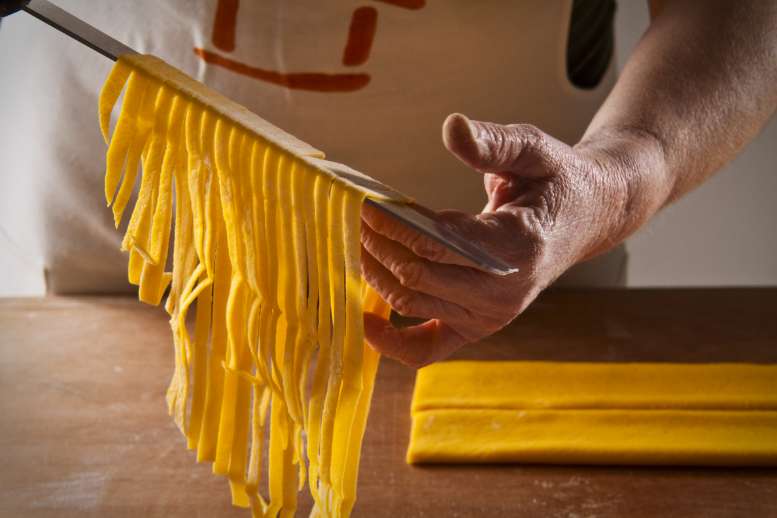
Casa Artusi, the centre for gastronomic culture dedicated to home cooking based in Forlimpopoli, continues, in Artusi's name, to promote Italian home cooking, also as a lifestyle. We will continue, by any means and with all our energy, to promote our agricultural and culinary legacy around the world, as well as our extraordinary land, rich in culture and beauty, all in the name of the best ambassador we could have, Artusi. I must recognise how much we have done: the many translations that have been completed in recent years, the many courses and activities, the educational events in Italy and in a great many countries overseas - but I would say that it is still very little compared to what remains to be done.
Italian cuisine is the most loved in the world, and it deserves to be well-known. Casa Artusi, as part of the scientific comittee nominated for the purpose, supports the proposal for recognition as UNESCO Intangible Heritage.
A life-long dream, even if Kant advised us to keep only our underwear: Casa Artusi and the region that holds it going viral across the world, with the beauty and the good this visionary from Forlimpopoli continues to teach us.
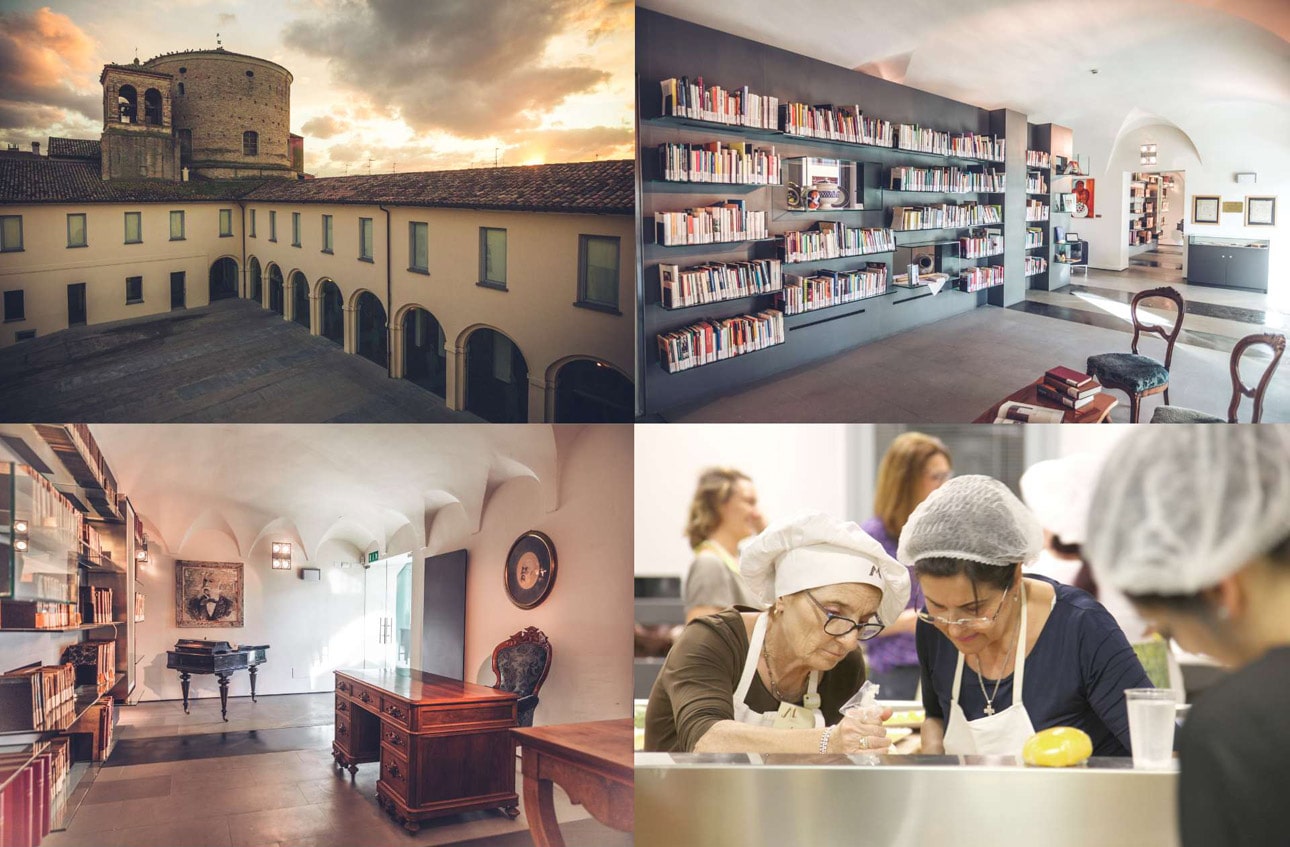
Images Credits:
© Alan Venzi
© Filippo Nigro
© Gianluca Camporesi
Three-star chef Eneko Atxa speaks about the entrepreneurial vision of his eco-friendly, multi-award-winning restaurant concept: discovering Azurmendi.
The founder of Slow Food's commitment never stops: "Terrafutura. Dialogues with Pope Francis on Integral Ecology" is out now.
